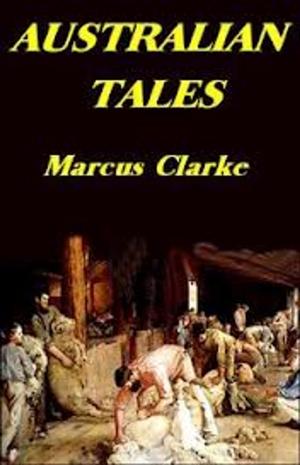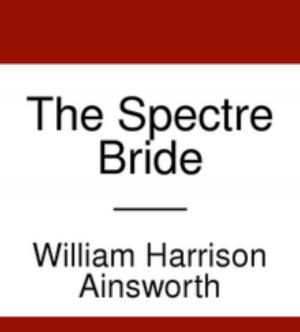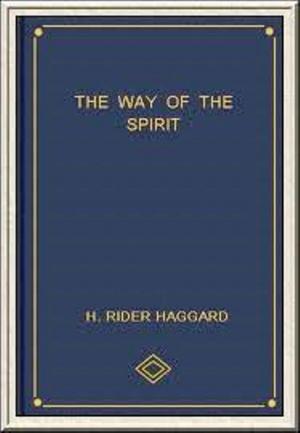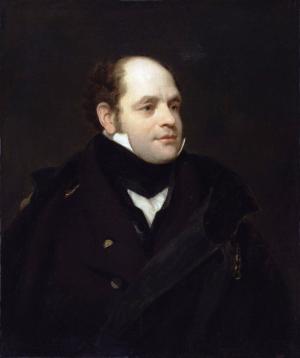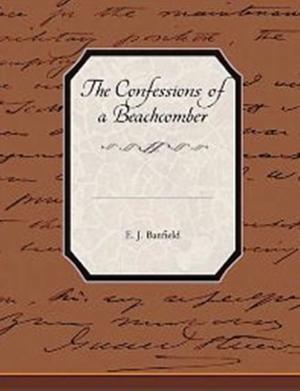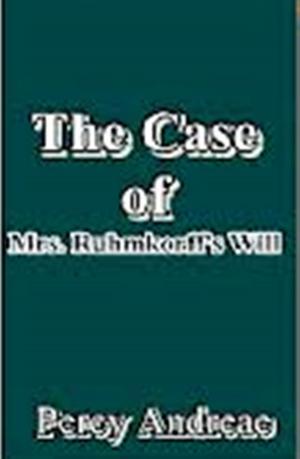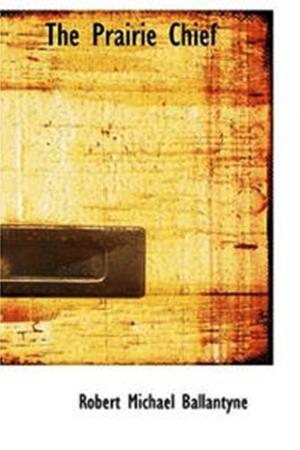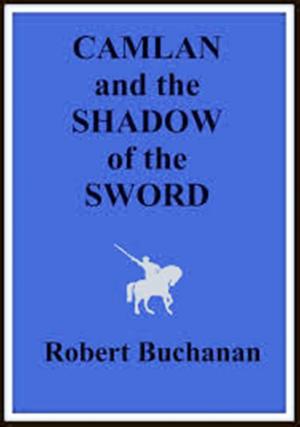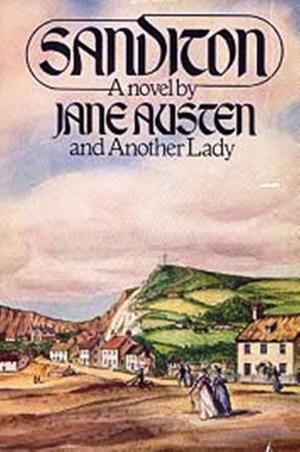| Author: | Neil Munro | ISBN: | 1230000157702 |
| Publisher: | WDS Publishing | Publication: | August 4, 2013 |
| Imprint: | Language: | English |
| Author: | Neil Munro |
| ISBN: | 1230000157702 |
| Publisher: | WDS Publishing |
| Publication: | August 4, 2013 |
| Imprint: | |
| Language: | English |
The s.s. Texa made a triumphal entry to the harbour by steaming in between two square-rigged schooners, the Volant and Jehu, of Wick, and slid silently, with the exactitude of long experience, against the piles of Rothesay quay, where Para Handy sat on a log of wood. The throb of her engine, the wash of her propeller, gave place to the strains of a melodeon, which was playing "Stop yer ticklin, Jock," and Para Handy felt some sense of gaiety suffuse him, but business was business, and it was only for a moment he permitted himself to be carried away on the divine wings of music.
"Have you anything for me, M'Kay?" he hailed the Texa's clerk.
The purser cast a rapid glance over the deck, encumbered with planks, crates, casks of paraffin oil, and herring-boxes, and seeing nothing there that looked like a consignment for the questioner, leaned across the rail, and made a rapid survey of the open hold. It held nothing maritime--only hay-bales, flour-bags, soap-boxes, shrouded mutton carcases, rolls of plumbers' lead, two head-stones for Ardrishaig, and the dismantled slates, cushions, and legs of a billiard-table for Strachur.
"Naething the day for you, Peter," said the clerk; "unless it's yin o' the heid-stanes," and he ran his eye down the manifest which he held in his hand.
"Ye're aawful smert, M'Kay," said Para Handy. "If ye wass a rale purser wi' brass buttons and a yellow-and-black strippit tie on your neck, there would be no haadin' ye in! It's no' luggage I'm lookin' for; it's a kind o' a man I'm expectin'. Maybe he's no' in your department; he'll be traivellin' saloon. Look behind wan o' them herring-boxes, Lachie, and see if ye canna see a sailor."
His intuition was right; the Texa's only passenger that afternoon was discovered sitting behind the herring-boxes playing a melodeon, and smiling beatifically to himself, with blissful unconsciousness that he had arrived at his destination. He came to himself with a start when the purser asked him if he was going off here; terminated the melody of his instrument in a melancholy squawk, picked up a carelessly tied canvas bag that lay at his feet, and hurried over the plank to the quay, shedding from the bag as he went a trail of socks, shoes, collars, penny ballads, and seamen's biscuits, whose exposure in this awkward fashion seemed to cause him no distress of mind, for he only laughed when Para Handy called them to his attention, and left to one of the Texa's hands the trouble of collecting them, though he obligingly held the mouth of the sack open himself while the other restored the dunnage. He was a round, short, red-faced, cleanshaven fellow of five-and-twenty, with a thin serge suit, well polished at all the bulgy parts, and a laugh that sprang from a merry heart.
The s.s. Texa made a triumphal entry to the harbour by steaming in between two square-rigged schooners, the Volant and Jehu, of Wick, and slid silently, with the exactitude of long experience, against the piles of Rothesay quay, where Para Handy sat on a log of wood. The throb of her engine, the wash of her propeller, gave place to the strains of a melodeon, which was playing "Stop yer ticklin, Jock," and Para Handy felt some sense of gaiety suffuse him, but business was business, and it was only for a moment he permitted himself to be carried away on the divine wings of music.
"Have you anything for me, M'Kay?" he hailed the Texa's clerk.
The purser cast a rapid glance over the deck, encumbered with planks, crates, casks of paraffin oil, and herring-boxes, and seeing nothing there that looked like a consignment for the questioner, leaned across the rail, and made a rapid survey of the open hold. It held nothing maritime--only hay-bales, flour-bags, soap-boxes, shrouded mutton carcases, rolls of plumbers' lead, two head-stones for Ardrishaig, and the dismantled slates, cushions, and legs of a billiard-table for Strachur.
"Naething the day for you, Peter," said the clerk; "unless it's yin o' the heid-stanes," and he ran his eye down the manifest which he held in his hand.
"Ye're aawful smert, M'Kay," said Para Handy. "If ye wass a rale purser wi' brass buttons and a yellow-and-black strippit tie on your neck, there would be no haadin' ye in! It's no' luggage I'm lookin' for; it's a kind o' a man I'm expectin'. Maybe he's no' in your department; he'll be traivellin' saloon. Look behind wan o' them herring-boxes, Lachie, and see if ye canna see a sailor."
His intuition was right; the Texa's only passenger that afternoon was discovered sitting behind the herring-boxes playing a melodeon, and smiling beatifically to himself, with blissful unconsciousness that he had arrived at his destination. He came to himself with a start when the purser asked him if he was going off here; terminated the melody of his instrument in a melancholy squawk, picked up a carelessly tied canvas bag that lay at his feet, and hurried over the plank to the quay, shedding from the bag as he went a trail of socks, shoes, collars, penny ballads, and seamen's biscuits, whose exposure in this awkward fashion seemed to cause him no distress of mind, for he only laughed when Para Handy called them to his attention, and left to one of the Texa's hands the trouble of collecting them, though he obligingly held the mouth of the sack open himself while the other restored the dunnage. He was a round, short, red-faced, cleanshaven fellow of five-and-twenty, with a thin serge suit, well polished at all the bulgy parts, and a laugh that sprang from a merry heart.


